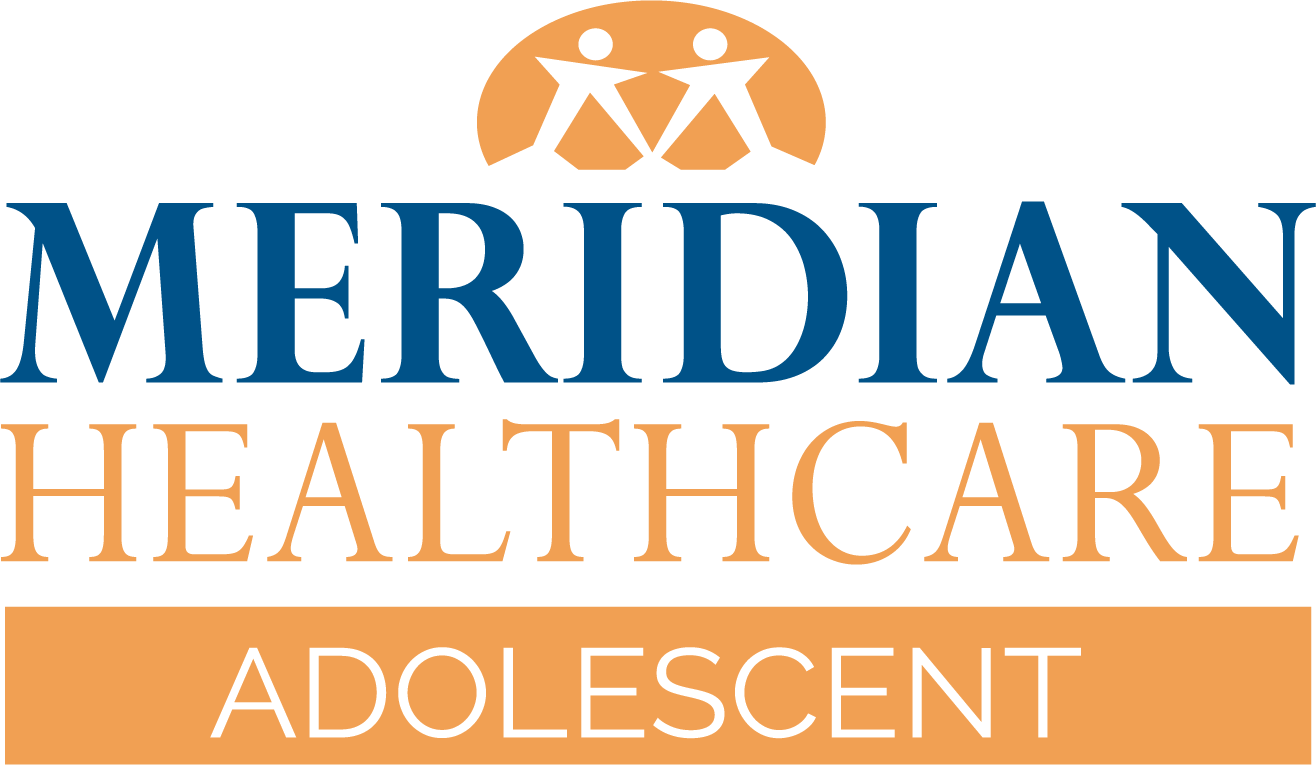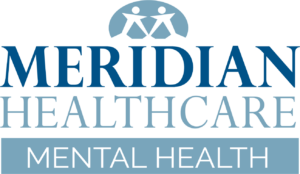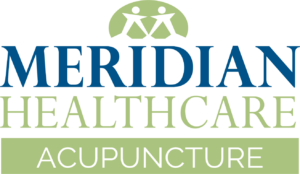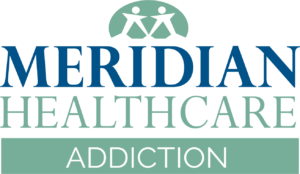Depression treatment plans for children come in different forms, and in certain cases, treatment plans can include a combination of therapy and medication. Because antidepressant medication can have undesirable side effects, most pediatric counselors do not prescribe medication unless absolutely necessary. (Antidepressant medications can help to alleviate physical symptoms of depression but cannot treat depression alone).
Depression treatment plans include some form of therapy (such as cognitive behavioral therapy (CBT), psychotherapy, and family therapy), and can involve one or more therapy techniques.
Cognitive behavioral therapy (CBT) focuses on changing negative thinking patterns and behaviors by learning problem-solving strategies and coping skills. CBT can also address anxiety disorders, bipolar disorder, ADHD, and more.
Psychotherapy, also known as talk therapy, helps children improve their communication skills and relationships, address underlying stressors or traumatic experiences, and explore thought processes.
Family therapy is a type of psychotherapy where close family members in the child’s life all get together to talk through issues as a unit.









